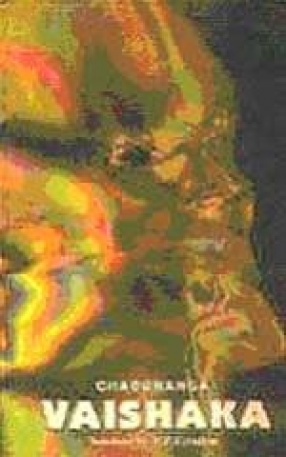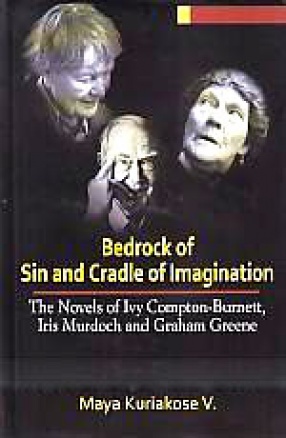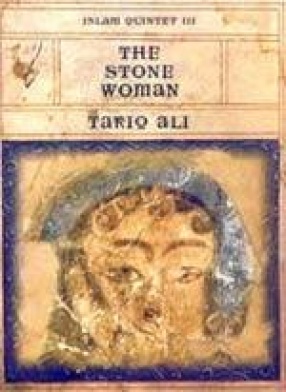This Sahitya Akademi Award winning novel, translated from Kannada original, presents a variety of man-woman relationships but it not a novel about sex or love. Its central focus is on the growth in the consciousness of a young dalit called Lakka and his struggle to regain his lost innocence in a corrupt environment. Two factors contribute to the growth of awareness in Lakka – – his direct experiences and his involved observations of people and events around him. Though injustices are inflicted upon Lakka by his social superiors and he is deprived of the protection of his family and community, he never loses his faith in humanity. He has an inborn love for other human beings and irrepressible zest for life. Vaishakha is highly experimental in its use of fictional technique and language. The total perspective of the novel is larger than Lakka’s consciousness. This perspective includes a carefully constructed outer reality and enables the novelist to overcome the dangers which lyrical novels usually face. As an example, we may consider the way in which morality functions in the novel, in particular in the sexual episodes. Author’s use of language in this novel merits careful analysis. The employment of two different levels of language – refined and raw – was not a new device for him since he had used it in his very first novel. But this experiment is far more successful in Vaishakaha. Vaishaka is a bit incident-heavy in its weave. Yet in its blending of complexity of detail and vitality of theme, in its delightfully graphic depiction of village Karnataka and finally in its suggestion that there is a way out of the claustrophobia of caste, it is a contribution to Kannada and Indian literature.
Vaishaka: The Tale of Lakka
by Chaduranga
$22.50
$25.00
In stock
Free & Quick Delivery Worldwide
All orders amounting to US$ 50 or more qualify for Free Delivery Worldwide. For orders less than US$ 50, we offer Standard Delivery at $14 per book.
ABOUT THE AUTHOR Chaduranga
CHADURANAGA (M Subrahmanyaraje Urs), novelist, short story-writer, dramatist and film-maker, wrote just four novels - Sarvamangala, Uyyale, Vaishakha and Hejjala - but he has carved for himself a unique position in the history of the modern Kannada novel because of the representative character of his fictional work. Chaduranga's experience of literature was as extensive as his life experience and he actively participated in all the literary movements of his time - Navodaya, Pragatishila and Navya. His first novel Sarvamangala which brought him considerable popularity both as novel and film was a product of the romantic idealism generated by the Navodaya movement. Uyyale, which followed next, incorporated several features of progressive literature introduced into Kannada by A N Krishnarao, Niranjana and others. Vaishakha, his third novel, which won for him the Sahitya Akademi Award, was a modernistic experiment which also imbibed the spirit of the literature of protest born as reaction to the Navya movement. His last novel Hejjala, published a few months before he died, has strong thematic affinities with Vaishakha but opts for pre-modernistic fictional techniques like the picaresque. The representative quality of Chaduranga's work in fiction constitutes its strength as well as its limitation.
reviews
0 in total
Review by Anonymous
Be the first to review “Vaishaka: The Tale of Lakka” Cancel reply
You must be logged in to post a review.
Bibliographic information
Title
Vaishaka: The Tale of Lakka
Author
Edition
1st ed.
Publisher
Sahitya Akademy, 2000
ISBN
8126009896
Length
499p.
Subjects





There are no reviews yet.